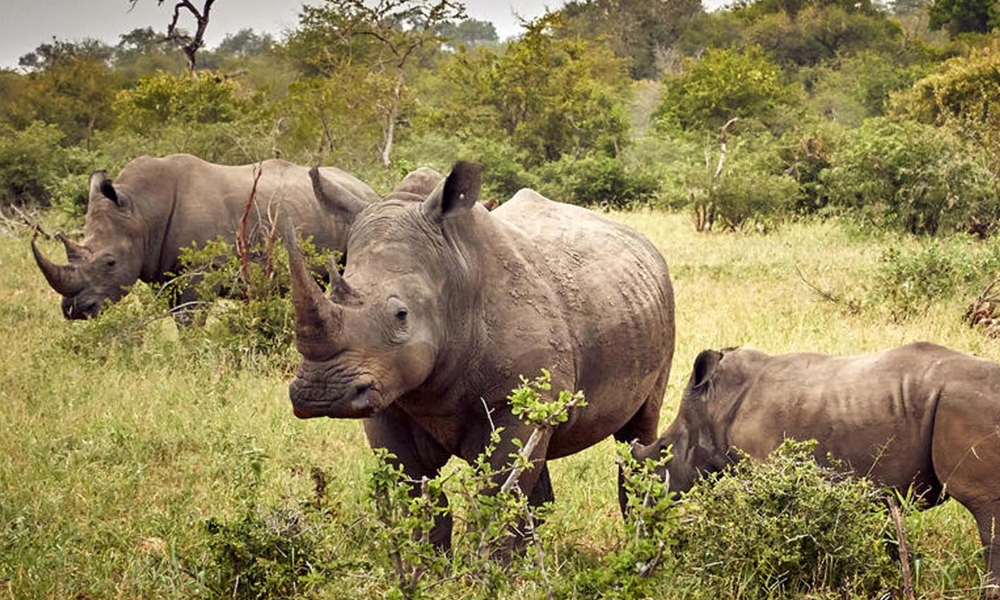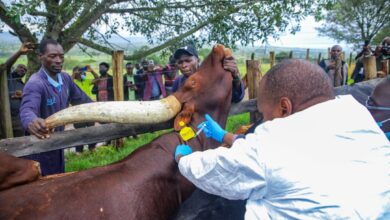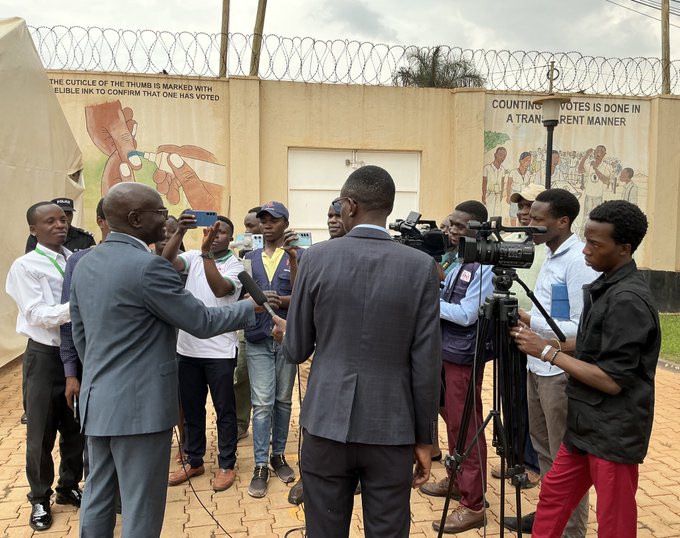Uganda’s wildlife faces extinction as 76% population decline alarms conservationists
Iconic species, including lions, elephants, and buffaloes, are vanishing rapidly due to habitat destruction, climate change, and human-wildlife conflict, creating dire consequences for Uganda’s biodiversity and economy.

Uganda’s unique wildlife is in critical decline, with a staggering 76% decrease in animal populations over the last 50 years, according to the World Wildlife Fund’s (WWF) Living Planet Report.
Iconic species, including lions, elephants, and buffaloes, are vanishing rapidly due to habitat destruction, climate change, and human-wildlife conflict, creating dire consequences for Uganda’s biodiversity and economy.
“This isn’t just a wildlife issue—it’s about our economy, well-being, and survival,” cautioned Sam Mwandha, Executive Director of the Uganda Wildlife Authority.
Echoing this urgency, WWF Uganda Country Director Ivan Tumuhimbise highlighted the precarious future of Uganda’s natural heritage, including mountain gorillas. “We are at a tipping point; we must choose between preserving our natural treasures or losing them forever,” Tumuhimbise stressed.
The WWF report underscores that habitat loss, overexploitation, pollution, climate change, and disease are principal factors in the decline of wild and aquatic species.
For freshwater environments, threats like river fragmentation and water abstraction are significant, while marine habitats are impacted by coastal development and damaging practices like bottom trawling.
WWF calls for immediate, community-driven conservation efforts to protect wildlife. “Empowering local communities to lead conservation is essential for a sustainable future for both people and wildlife,” Tumuhimbise emphasized. The report highlights a staggering 73% drop in global wildlife since 1970, with freshwater species hit hardest at an 85% decline.
The WWF and Uganda Wildlife Authority urge urgent action to safeguard Uganda’s biodiversity, warning that delaying conservation will result in irreversible losses to the country’s ecosystems and its people.







